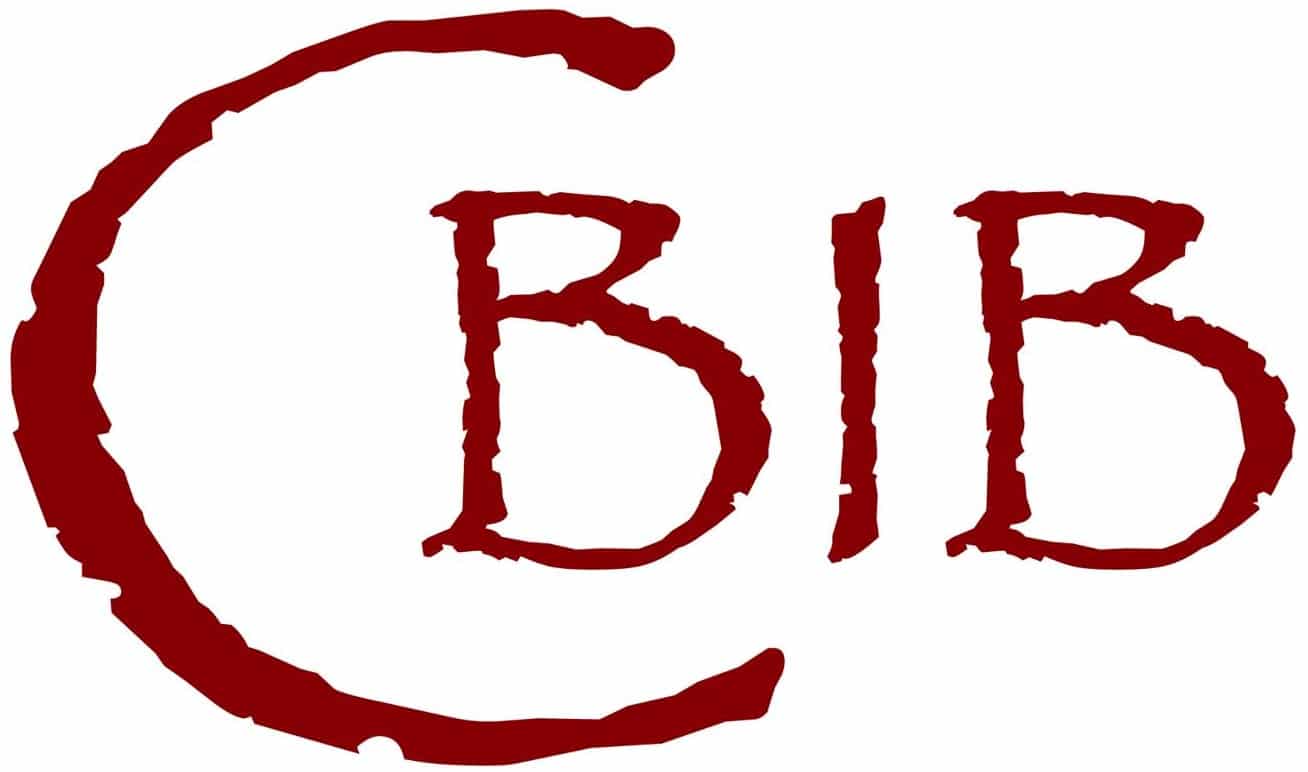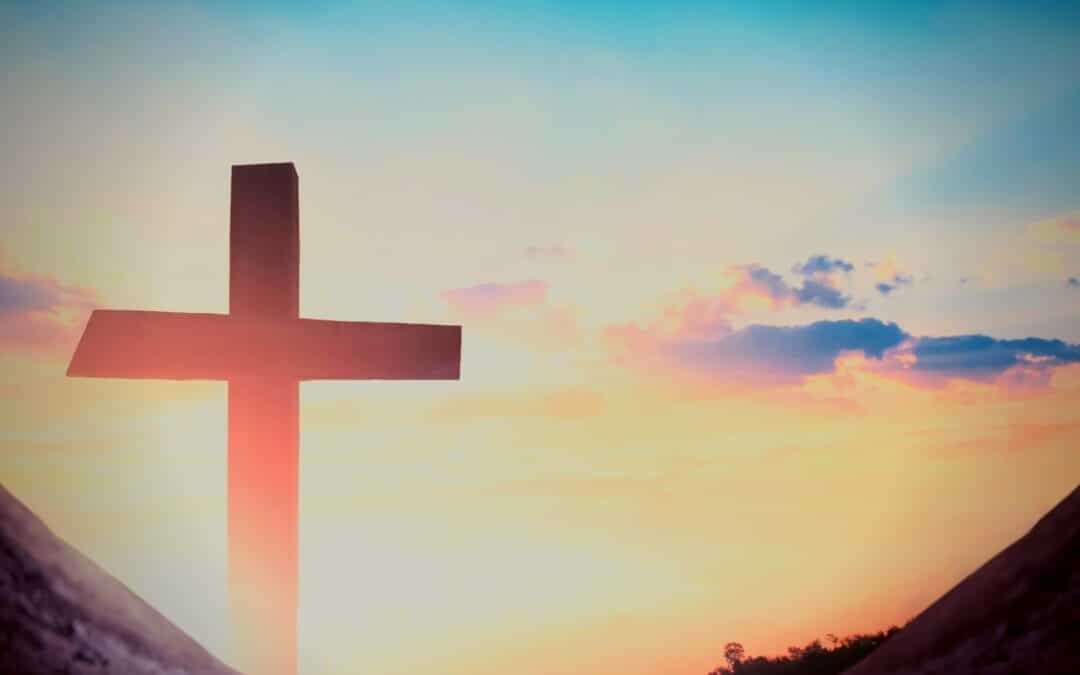Dust in the wind, all we are is dust in the wind. Years ago, these words from an old song played over and over in my mind as I traveled to California to my mothers funeral. My family and I boarded a rented sailboat, we said a prayer together as our Father emptied the ashes of our mother into the Ocean. That was what she wanted. I am a firm believer in honoring someone’s last wishes especially my own mother. The ashes flew as though my Mother was just dust in the wind. But was it really just dust in the wind?We live in an unstable world where life can seem shallow, empty and meaningless. Where the dead are forgotten and there is no respect for human life. It seems that everything is so temporary, people, places, relationships, and homes. In direct contrast, our heavenly Father is the same yesterday, today and tomorrow. I take strength from this knowledge, for he is true, dependable, stable and faithful. My faith in him helps me to know and have confidence in that we are not just dust in the wind. Unlike our animal friends, we are eternal beings. We have an eternal soul. There is a destiny and another life that we will all enter into.But what of our remains? Are our remains important? I come from New Orleans where we are steeped in old traditions, like for instance, All Saint’s Day. This is where families place flowers on loved ones graves or tombs, which some are hundreds of years old. I like this tradition. In the past, people in New Orleans use to gather together spending the whole day as children ran freely around. They would have family picnics with blankets on the ground, where families told tails of the deceased. There were vendors nearby who sold flowers. The family collectively cleaned the grave site. It was more of a celebration of the life. As a child, we would go with the family and white wash the family tomb once a year. As a girl, my mother and I would lay flowers and say a prayer together at my grandparents and other descendants tomb.When my family moved away, I would go with my mother in law and stand next to her as we placed flowers and said a prayer together. We checked out the condition of the grave. We paid our respects to the dead, to those we loved. Afterwards, we would go to lunch together and have pleasant conversation of stories remembering our loved ones. Sometimes funny stories which brought tears to the eyes but also these stories would lighten our heart, laughter can heal.I remember passing by graves with familiar names and wondering if these were the relatives of those I knew. There were Italian names, Irish, German, Spanish and French, all a melting pot of what makes New Orleans great. It is good to remember those who have passed on. As scripture says, we have a cloud of witnesses. Just imagine, we are being watched with everything that we do. This is not meant to be spooky but it is meant for us to be introspective as to what is our behavior like because we will all have to give an account of ourselves. It is becoming a forgotten tradition to come together to remember the dead. But for me I would like to continue this tradition.Again, but what of our remains? I do think it is important to provide a resting place or a final place for those we love. This is also for future generations, for them to know that this is how their families were honored. A place to visit and to remember them. Of course, this is my own personal views and I am sorry if I offend you, but to throw ashes to the wind seems disrespectful and irreverent to me.In scripture, it was the pagans who burned their dead. I don’t think we are trash to be burned or dust to be thrown into the wind. In the Old Testament, it was a curse not to be buried. It was a disgrace to the family if a member was not buried. About cremation, interesting to not, did you know that there is no DNA if you cremate? I think it is important to know that cremation destroys the DNA. The bones of 1,000 year old human beings remains still have DNA. DNA can tell you so much about a person. Also, interesting, if you cremate a baby there are no ashes because ashes are from bone and babies have only cartilage and no bones yet. So also there is no DNA actually, in their case, there’s absolutely nothing after cremation. No ashes and no DNA.Why do we bury the dead? It was the Jewish people who started the tradition of respectful burial. They had rules and laws how, where and when to bury their dead. Ancient scripture tells us, God himself buried Moses. Jesus Christ was buried (and was raised from the dead and resurrected) The tradition of burial was carried on by the early Christians. In fact, the early Christians first had worship services in the catacombs. They met secretly for fear of persecution. But they choose to be near the martyrs, to show you how important their dead were to them. So what can we take away from this? If our Lord was buried, so too should we be?In conclusion, are we but dust? The answer is an emphatic no. We are fearfully and wonderfully made. Created in God’s own image. We all have value and worth and our lives are important. Our bodies are to be reverenced and respected with dignity, even in death. Our Lord Jesus Christ died for each one of us. He died so that we might have everlasting life with him. Jesus suffered and shed his blood for us. This alone shows how very important we are to God. It is in him that we have life and victory over death. We have the blessed hope of eternal life in him and with him.Our bodies are to be cherished and honored and valued in life and in death.

